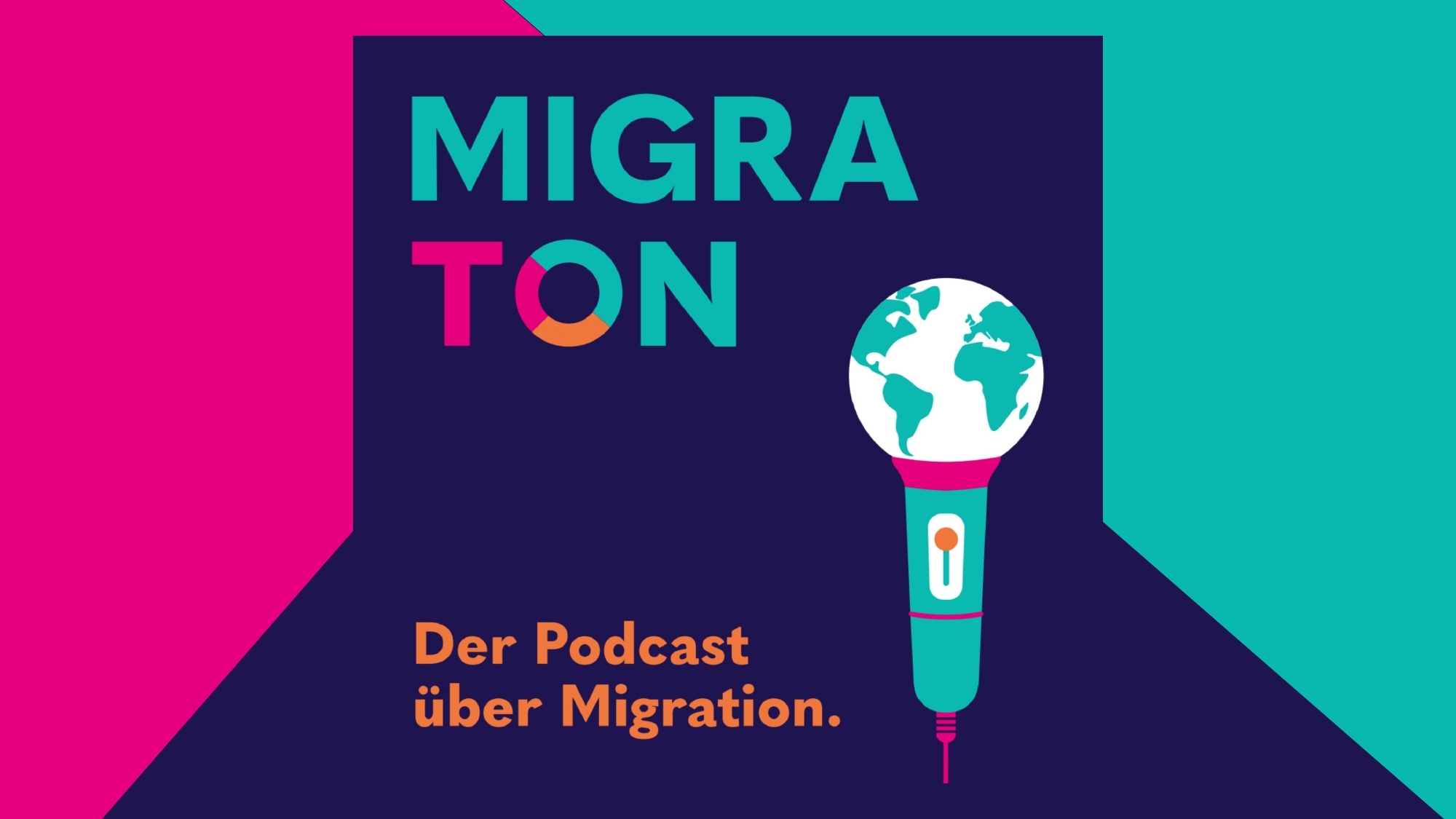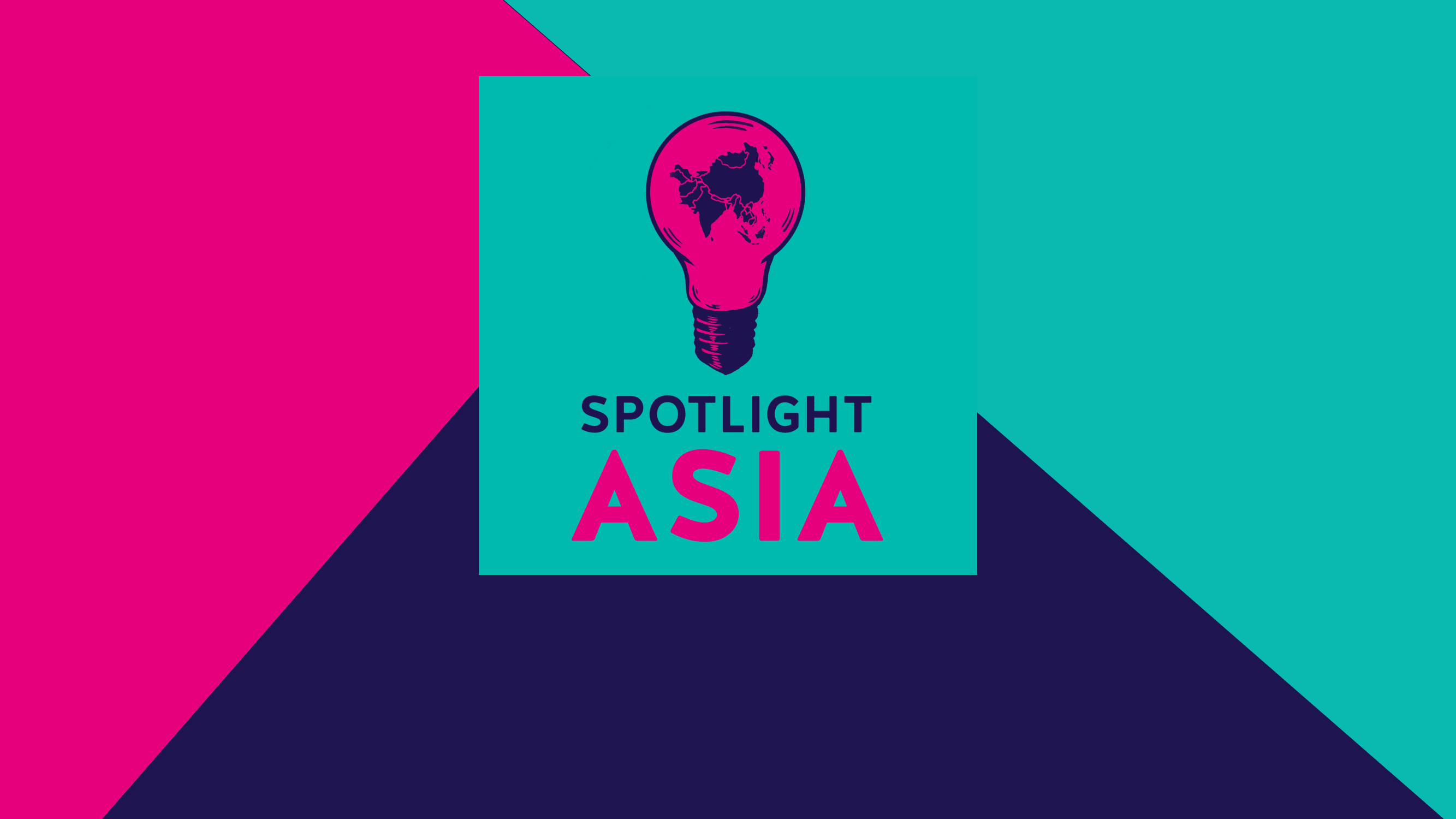Exploring Feminist Foreign Policy in a Nuclear World: France’s Perspective
France’s nuclear program initially aimed at energy production after World War II but shifted focus in 1960 with its first atomic bomb test in Algeria, then a French colony. This move was aimed at regaining lost influence after World War II and decolonization. France now remains one of the five recognized nuclear-armed states despite signing the 1968 Non-Proliferation Treaty. This history ties French nuclear power to military strength, global power projection, and influence. In 2019, France introduced a ‚feminist diplomacy,‘ raising intriguing questions about how feminist principles intersect with its nuclear ambitions.
Our upcoming event delves into the complex interplay between feminist diplomacy, nuclear policy, and the role of France as one of the P5 states. It seeks to illuminate the implications and challenges of adopting feminist foreign policy (FFP) principles within the context of nuclear policy decision-making. France’s pursuit of a feminist foreign policy, despite being a nuclear-armed P5 member, serves as a captivating case study for understanding how these seemingly contradictory aspects interact.
We’ll examine the challenges and opportunities of adopting feminist foreign policy for a nuclear-armed state like France. Does it provide new perspectives on global peace and disarmament, or does it challenge existing norms? Why are nuclear weapons a feminist concern? How do France and Germany’s perspectives align or diverge on this matter? Engage in a compelling discussion exploring the reasons behind considering nuclear weapons as a feminist issue. Discover potential avenues for action and the role of feminist principles in shaping these countries‘ nuclear policies. Join us to unravel these complex dynamics and gain insights into the relationship between feminism, diplomacy, and nuclear policy.
We are happy to welcome
Jannis Kappelmann:
He is a PhD Student and Researcher at University of Hamburg. He holds an MA in International Conflict Studies from King’s College London and a Bachelor’s degree in Sociology, Politics and Economics from Zeppelin University. Previously, he worked at the German Federal Foreign Office, the Centre for Science and Security Studies at King’s College London, the UN World Food Programme and the Permanent Mission of Liechtenstein to the UN. He also acted as Young Fellow at the German Council on Foreign Relations (DGAP) and co-led the Gender and Disarmament Project at SCRAP Weapons, SOAS University of London. His research focuses on nuclear weapons governance, norms, gender and Feminist Foreign Policy.
Jean-Marie Collin:
He is currently Director of ICAN France (branch of the International Campaign to abolish nuclear weapons, Nobel Peace prize 2017). His area of expertise covers arms control, nuclear deterrence, non-proliferation, disarmament and consequences of French nuclear test. For ICAN France he participated, to the all process (2010/2016) of the humanitarian initiative and then to the negotiation of the Treaty on the Prohibition of Nuclear Weapons (TPNW). He is also part of the working group meeting on victim assistance / environmental remediation set up by ICAN and which worked with TPNW States during the intersession period. He has published a numerous of articles and policy papers about the humanitarian initiatives, the Ban treaty, consequences of nuclear test and books on nuclear disarmament. He as a long experience as consultant for various Frenchs NGO (Observatoire des armements, Mayor for Peace France, Handicap International, Greenpeace France,…) and foreign NGO/think tanks (as the GRIP, Norwegian People’s Aid, Inter-Parliamentary Union, …). He is also a visiting professor (since 2021) at Sciences Po school of Rennes and Strasbourg, where he teach international law and nuclear weapons and advocacy.
Déborah Rouach:
She is co-founder and co-director of the Gender in Geopolitics Institute, the only French think tank that places gender at the heart of the analysis of international relations. She also heads the think tank’s research department. She has a master’s degree in „International Strategy Analyst, Geopolitics and Future Studies“ from IRIS Sup’. She is specialised in issues of Feminist Foreign Policy, the place and roles of women in conflicts and post-conflicts, „Women, Peace and Security“ Agenda, women in Iran and the instrumentalization of gender in the Israeli-Palestinian conflict.
to this event.
Please register using the form on this page. Shortly before the meeting we will send you the zoom link at the given email address.
Polis180
This event is organized by Polis180’s program Gender and International Politics.
Polis180 is a grassroot’s think tank for foreign and European policy. It was founded in June 2015 by a group of committed young people with diverse backgrounds and political standpoints. We now count over 600 association members. We aim to be the most innovative think tank and talent factory of and for young experts and enable them as an inclusive platform to significantly influence foreign and European policy decisions. With our projects, we offer young people the opportunity to formulate and specify their political demands and to present them to decision-makers.
Contact
Lara Franken – Co-Head of Program Gender and International Politics (lara.franken@polis180.org)
Organizers
Lara Brett, Lara Franken, Paula Schumacher
Buchungen sind für diese Veranstaltung geschlossen.

